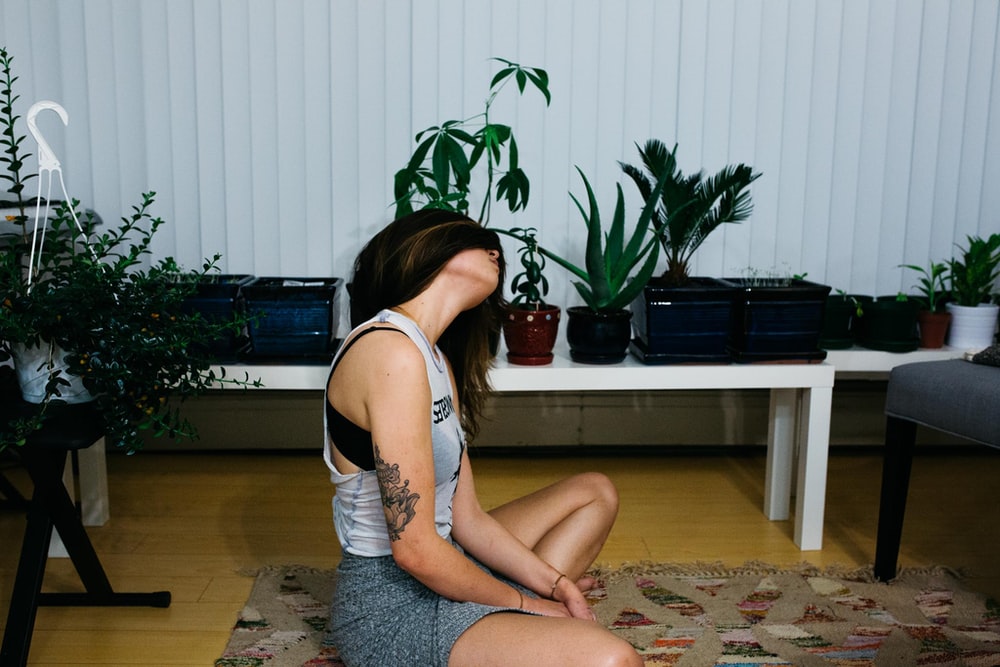
Let’s set the scene. I live in a cozy East Vancouver house with four other roommates. That’s five bedrooms, one bathroom, one kitchen. That may sound like a nightmare to some, but it has usually worked out just fine. Most of my roommates travel often for work, and when they’re back home, they’re either out skiing, hiking, or rock climbing every weekend, so there isn’t much of a struggle for the bathroom or kitchen.
But then the COVID-19 outbreak came along. Cut to long waiting times for the shower, scheduled kitchen hours for cooking your dinner , and a general sense of exasperation as we bump into each other constantly. And add in the cozy Friday nights sitting around the living room talking ad nauseum about the same topics.
At alive, we’ve discussed how to keep your kids occupied during this period of physical and social distancing, but for those of us without children, how do we keep ourselves and our partners from going nuts?
Seeing the same person every hour of every day, without the possibility of interacting with others, can wear us down, potentially causing conflict and stress. But there are a few tips and tricks to keep you and your partner-in-isolation happy and healthy.
Say what’s on your mind—but respectfully
Communication is key to getting along with your co-inhabitant. Minor annoyances, like unwashed dishes and loud music may not be so easy to brush off and ignore when you’re stuck inside all day together. These little pet peeves can start to build up and cause stress and resentment.
The best solution? Speak up—but remember that you’re both in this together; it’s quite possible you’re also unknowingly doing things that annoy your partner. It’s a good time to create an atmosphere of openness and understanding so you can both be honest—but empathetic too. Respect their boundaries, and hopefully yours will be respected in return.
Start scheduling

Whether you’re working from home or you’ve got all the time in the world, making and keeping a proper schedule is a great way to achieve some semblance of normalcy and routine. Book a time for your daily walks, whether alone or together. If you’re sharing space, like the kitchen, let your partner know exactly when you’ll be the space to yourself, so you won’t be bumping into each other and getting frustrated.
You can even arrange a time for fun activities like board games, TV binging, or video calls with loved ones. An organized schedule for each day can help keep you grounded during a time when the days seem to run together and it’s easy to lose track of what time or day it is.
Find another friendly face
There are only so many topics you can discuss with your housebound partner before you run out of options, especially if you’ve had enough of endless COVID conversations. Being able to share your frustrations, fears, and whatever else is on your mind with friends or family can be hugely beneficial during these times of mutual isolation. You not only benefit from the contact itself, but you also benefit from the sharing of different perspectives.
Arrange video chats or phone calls with those you miss and haven’t seen in a while to bond over this unique and stressful situation we’re all facing, while giving you and your partner a healthy break from one another.
Venture outside on your own time

If you feel cooped up and need some space to yourself, carve out some alone time outdoors to enjoy some fresh air and solitude. Studies have shown that the simple act of getting outside and soaking up some sunshine can help your vitamin D levels rise, clear your mind, and encourage you to exercise.
As long as you make sure to maintain the recommended safe distance from others who’re also enjoying a walk (at least 2 metres or 6 ½ feet), taking some solo outdoors time can help ease feelings of anxiety, frustration, or fatigue.
Always look on the bright side of life
As Eric Idle (Monty Python) famously advised, try to look on the bright side of things. As we hunker down for the next few weeks, we’ll be learning a lot about ourselves and our partners. It’s an opportunity to become closer to those around us, and to discover our own personal coping mechanisms (and maybe learn some new ones). There’s no end to the learning opportunities while we’re stuck inside. Let’s embrace the situation we find ourselves in and work together to get through this especially strange time in the world.







